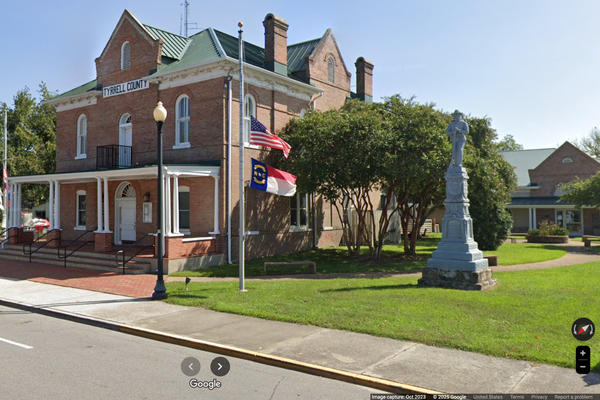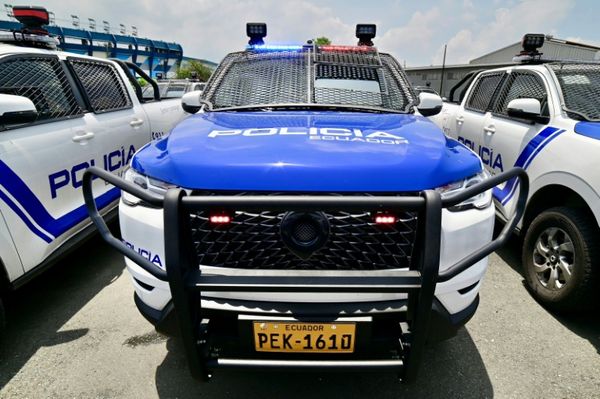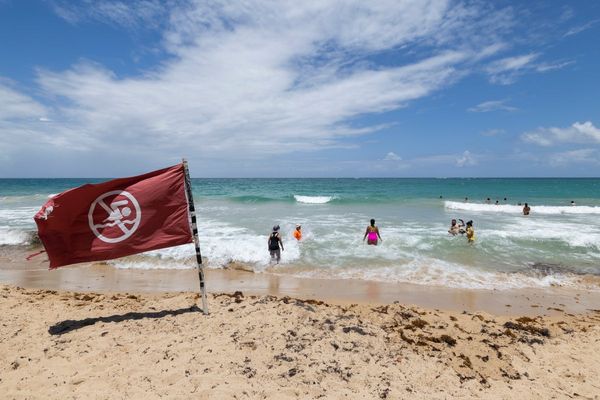
Hong Kong government departments are investigating whether a senior police officer has breached any rules governing the use of two Clear Water Bay houses with ties to his family, including one home allegedly operated as a guest house without a licence.
The actions follow accusations that assistant police commissioner Rupert Dover and his wife had rented out one of the houses while living in another belonging to a relative barred by government regulation from allowing anyone but immediate family to live there.
Both homes are in Pik Shui Sun Tsuen, a village in Sai Kung located on government land where holders of non-transferable licences are required to reside.
Dover has admitted to living in one of the homes, telling a local media outlet that a man identified as Lau – a member of his wife's family – was the owner and had “given the couple permission to renovate and live in one of the houses years ago”.
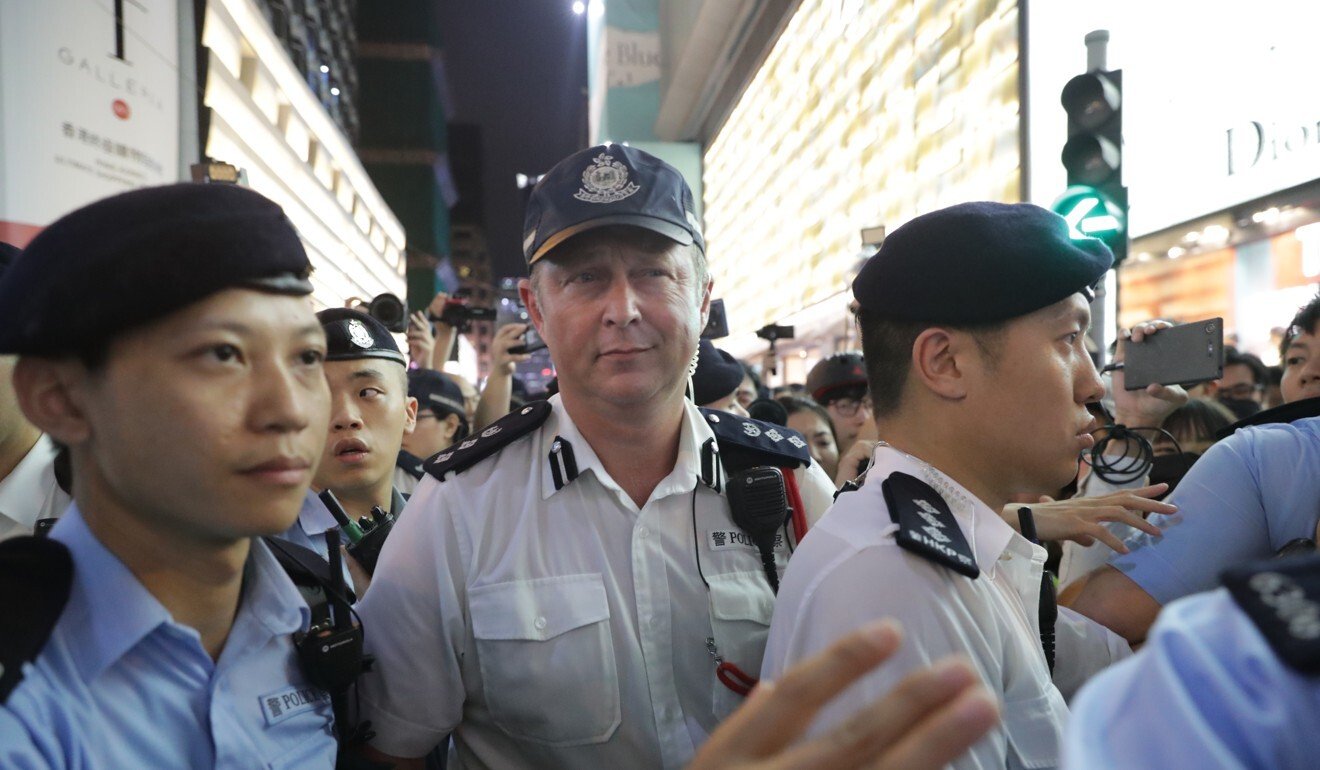
He did not comment on his relationship to the house that was allegedly being rented out.
“I am aware of the recent allegations, and I know it will be fully investigated by the Lands Department and the Home Affairs Department, so I think we best wait for that, and I will fully comply and cooperate with them,” Dover told the media on Friday.
Facebook posts obtained by the South China Morning Post showed two accounts, bearing the same names as Dover and his wife, offering short-term stays of three days and two nights at one of the two homes in 2014. It was later offered at a monthly rental of HK$23,000 (US$2,967) in May 2018.
A Home Affairs Department spokesman on Friday said there was no guest house licence on record for the residence where the short-term stays were offered and that the department might take action if there was sufficient evidence to prove it was being used in that manner.
A Lands Department spokesman said on Friday the house allegedly rented out should only be used for storage purposes, adding that it would carry out site inspections to check for any lease violations.
The department, which is responsible for managing the licensed houses, confirmed earlier that the home Dover had said he lived in was built on government land, but gave no information about the occupant.
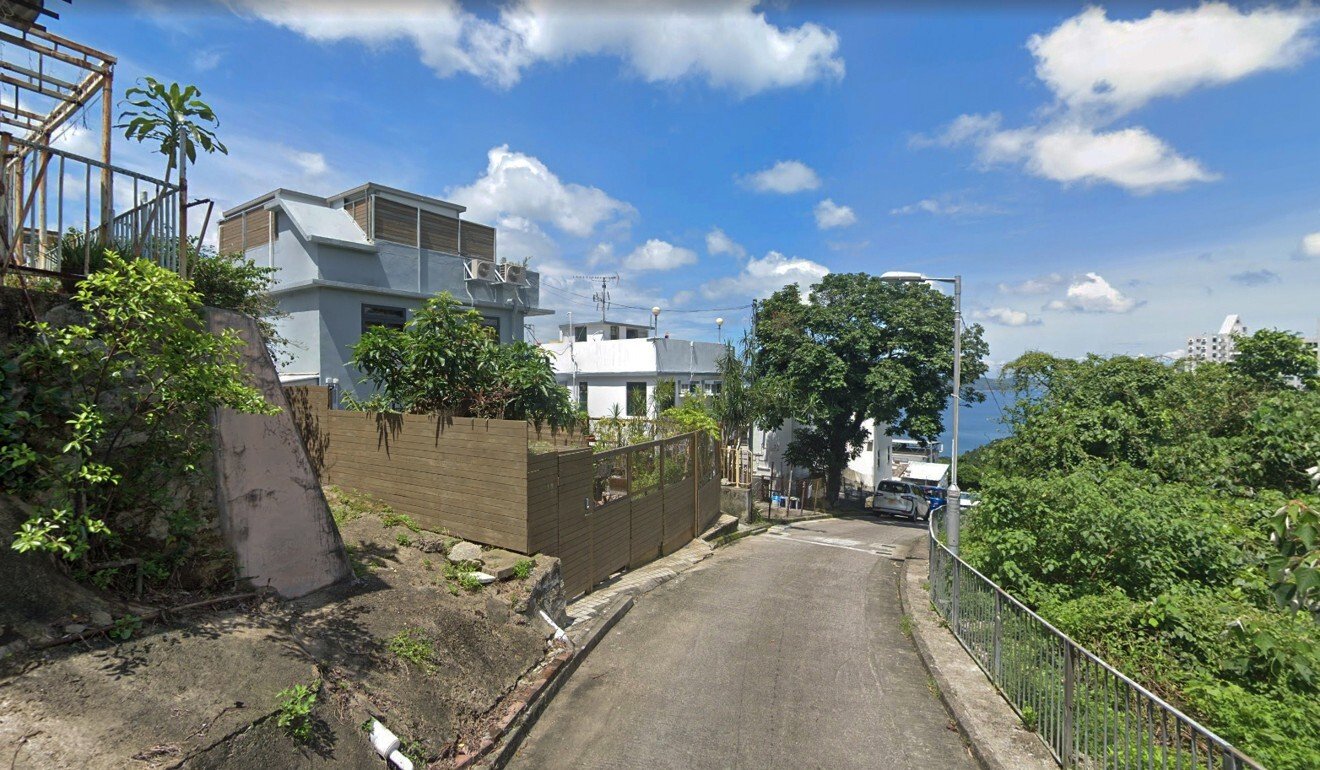
Sources said officials from the department would visit the property to investigate whether any regulations had been violated and take necessary action.
Structures carrying government land licences first appeared in the mid-1970s, when the Lands Department issued them to regulate the squatter structures erected for agricultural or domestic purposes.
Only structures with specified purposes and dimensions can be erected on government land, and licences are not transferable, nor can the licensee sublet the structures to others.
The Lands Department may cancel a land licence if there is a breach of its conditions.
The operation of hotels and guest houses in Hong Kong, meanwhile, is regulated by the Home Affairs Department, which requires a licence before lawful operation of the property, to ensure owners comply with statutory construction and fire safety standards.
Police have yet to respond to inquiries regarding whether Dover lives at the property and whether his acts have violated regulations.
On Tuesday, two Next Magazine journalists were arrested for loitering while visiting Pik Shui Sun Tsuen, reportedly to gather information for a story related to Dover. One of them was handcuffed when taken to a police station.
The force said the men were arrested in response to an emergency call from a member of the public, and that both suspects had been released after investigation and clarification.

